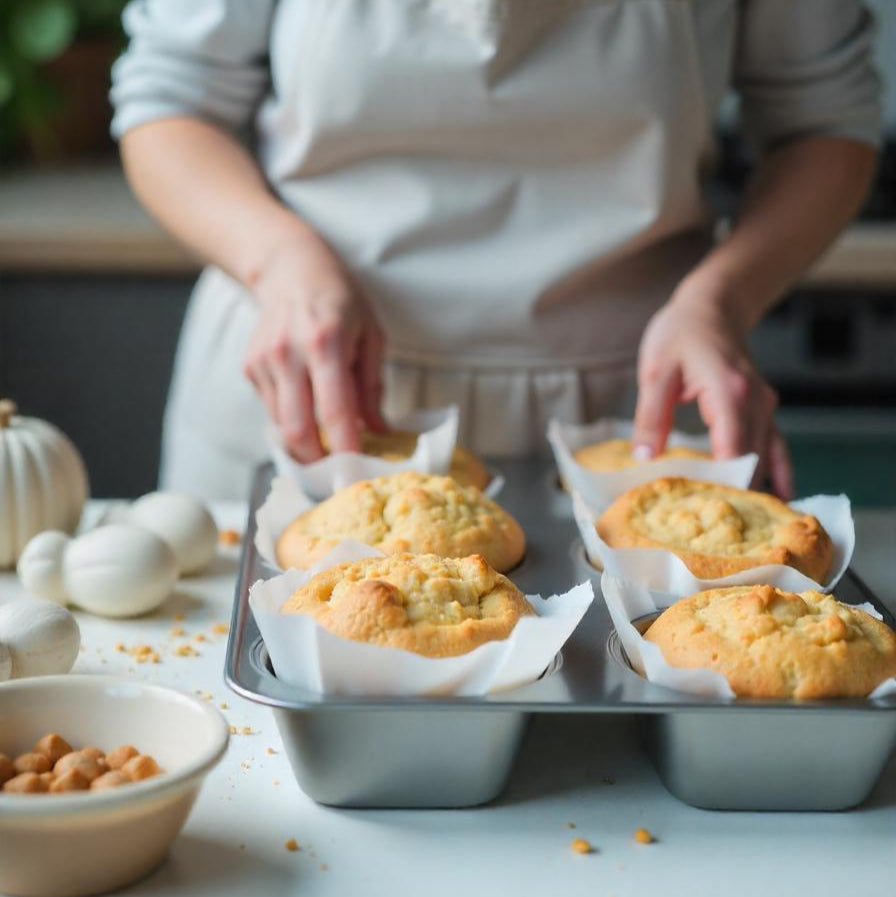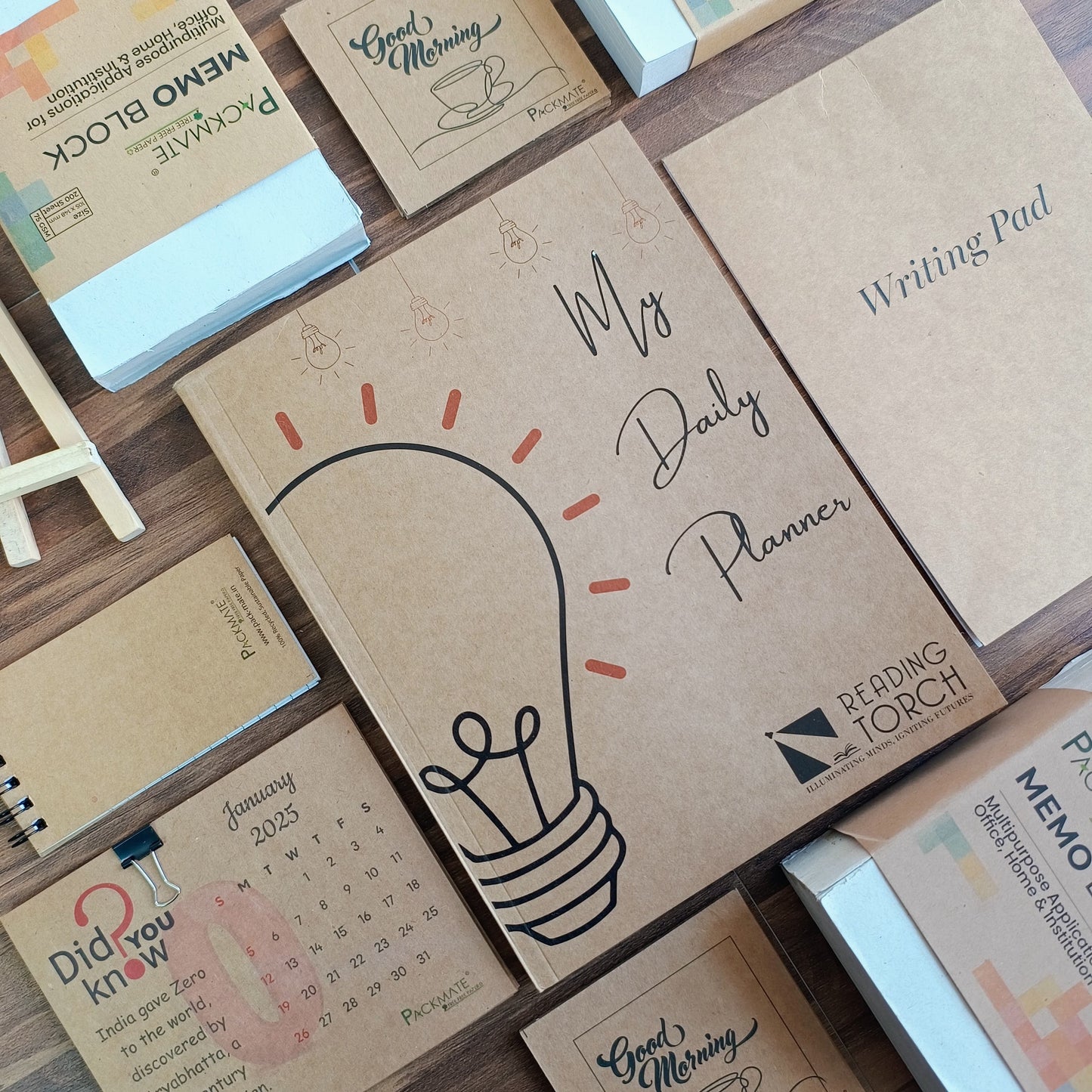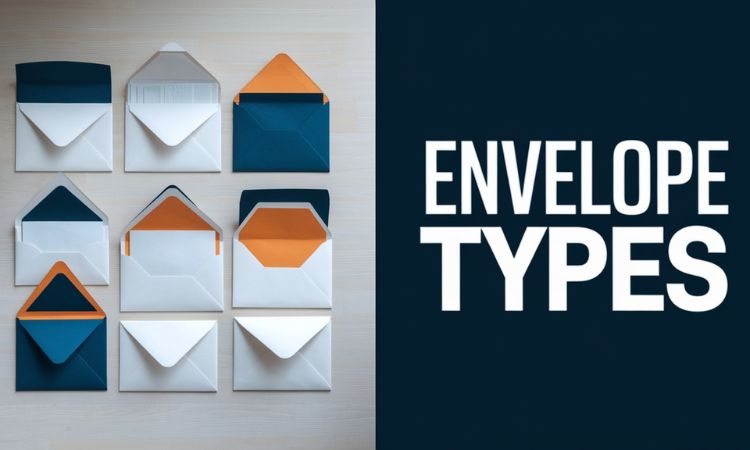
All of us have used aluminium foil for wrapping food at least once, whether regularly or not, but definitely sometime. Aluminium foil is ductile, cheap and light-weight to touch. It is thus easy to manage.
Aluminium foil is clearly stronger than paper and less reactive to heat unlike plastic, but it has some demerits as well. Generally you cannot even imagine how harmful it is for our health. In this article, we will explore the uses of aluminium foil while also raising valid health concerns with respect to the same. Is aluminium foil dangerous? Let’s discuss further.
What Is Aluminium Foil and Why Is It Commonly Used?
Aluminium foil is a thin layer made of aluminium metal, which is made for the purpose of wrapping food. It is light, flexible, and protects your food from light and moisture. It is used for food packaging and preservation. It keeps the food from getting spoiled.
Due to its wide availability, affordable price and ease of use, it is widely used in households and the food industry. It is also used for reheating as it helps maintain the freshness of food. We also use it in baking to keep cakes, cookies, pizzas etc. fresh and to wrap them.
Is It Safe to Wrap Food in Aluminium Foil?
Generally, Aluminium foil wraps used for wrapping food are safe to use. Common usage includes cold storage or cooking at moderate temperatures. Considerable caution must be exercised when dealing with acidic or highly salty foods, though; citrus, tomatoes, or vinegar-based dishes, for instance.
These items can cause aluminium to leach from the foil into the food, hence posing certain health threats. Heating food wrapped in aluminium foil increases the leaching risk, in contrast to cold storage. Therefore, at present, we should focus on the alternatives to aluminium foil, which is good for our health and the environment.
Aluminium foil contains small amounts of aluminium metal, which is transferred to our body with the food. By repeatedly eating food wrapped in aluminium foil, we come in contact with a high amount of metal. This can cause many types of problems in our body.
Experts strongly advise against using aluminium foil in direct contact with intensely acidic or salty foods. For regular daily cooking and storing, go for alternatives such as glass containers or parchment paper to eliminate any risk.
Scientific Research & Health Impacts:
- According to Scientific studies, aluminium can leach into food in specific situations, mainly when food is acidic, salty, or cooked. Although the human body can usually process small quantities of aluminium effectively, excessive buildup affects bone integrity and neurological processes.
- Research attributes long-term high exposure to aluminium to health conditions like Alzheimer's disease. Regulatory bodies such as the World Health Organization and food safety authorities have set safe limits of consumption to ensure public health.
- Present evidence indicates that occasional cooking and storage using Aluminium foil is unlikely to be harmful if used correctly. Nevertheless, it's advisable to reduce exposure using safe cooking procedures and alternatives, such as glass containers or wax paper—so that undue aluminium ingestion may be prevented.
When is it safe to use aluminium foil?
When we use aluminium foil, it keeps a moisture balance in the food. It is used to wrap leftover food. You should also keep in mind not to wrap spicy or acidic foods, though. These react with the foil, and the taste may be altered. You should opt for eco-friendly food wrap whenever possible.
Aluminium Foil Safe uses:
- Oven cooking: You can wrap food to keep it moist or line trays for an easy cleanup.
- Grilling: Aluminium foil prevents food from falling through grates, locking in flavor.
- Food storage: You can wrap cool, non-acidic leftover foods for refrigeration or freezing.
- Baking: You can cover dishes to prevent over-browning or fashion them into custom baking molds.
-
Insulation: You can keep food warm for short periods.
Aluminium Foil Unsafe uses:
- Into the microwave: Its spark could be created, and fires may be set.
- On acidic foods: Things like tomatoes or citrus react with aluminium foil, which is risky.
- High heat for a long period: More aluminium will seep through into your food, and it will be dangerous for your health.
- Wrapping hot leftovers: Using aluminium foil, we trap steam and encourage bacterial growth.
-
Directly onto salty or spicy foods: Salt and spices can corrode the foil over time.
Best Alternatives to Aluminium Foil for Food Wrapping:
Here we learned about the health problems and environmental damage of using aluminium foil. From this, we can guess how risky it can prove to be for our health. Therefore, we should replace aluminium foil and choose some healthy alternatives for our daily use.
Let's discuss some healthy alternatives to aluminium foil.
1. Packmate Food Wrapping Paper
- Eco-friendly: Packmate Food Wrapping Paper is made out of unbleached, tree-free materials and it is biodegradable in nature.
- Light and airy: It allows food to breathe to get the appropriate moisture level and prevent sogginess.
- Chemical-free: They don't contain harmful chemicals.
-
Safe for microwave: It is safe to reheat food within the pack without risk to health.
2. Beeswax
- Reusability: They can be reused and are washable, thus eco-friendly in nature.
- Biodegradable in nature: They are made from natural materials so they degrade easily.
- Ventilated: It keeps food fresh by allowing it to breathe.
- Versatility: It is great for wrapping fruit, veggies, and as a bowl cover.
3. Parchment Paper
- Non-sticky: It will not let food stick to the paper, ideal for baking.
- Heat-resistant: It can handle oven temperatures up to 425°F (218°C).
- Easy to handle: It can easily be cleaned after cooking.
- Non-reactive: It will not react with acidic foods.
4. Glass Containers
- Long-lasting: It is long-lasting. Thus it stains and resists well.
- Non-toxic: It will not leach chemicals into food.
- Microwave friendly: It is convenient for heating and storage.
- Transparent: Its contents are easy to view without opening.
5. Silicone Food Wraps
- Reusable: Can be reused hundreds of times.
- Flexible: Easily conforms to cover different shapes of containers.
- Temperature-resistant: Safe for freezer, microwave, and oven use.
- Dishwasher friendly: Easy to clean and maintain.
Pros and Cons with Aluminium Foil
Pros:
- It is versatile and convenient for cooking, wrapping, and household use.
- It is excellent food preservation by blocking moisture, light, and air.
- It is heat resistant. Thus, it is suitable for oven and grill use.
- It is non-absorbent and non-stick which prevents food from sticking.
- It is 100% recyclable when properly disposed of.
Cons:
- Aluminium foil has a negative impact on the environment if it is not recycled. It adds to landfill waste.
- Aluminium leaches into acidic or salty foods, creating potential health concerns.
- It is not safe for microwave use. It can sometimes cause sparks or fires in the kitchen.
- It cannot be reused meaning it is used only once. This leads to unnecessary waste.
- Aluminium foil is quite thin, which makes it tear easily. This reduces its effectiveness.
Conclusion:
Aluminium foil is convenient for most cooking purposes in the most unique ways. We can utilize it for food storage or to protect food from direct heat sometimes but it is also detrimental to health. Aluminium particles reach our body through food, which has a negative impact on health.
Everyday use of aluminium foil leads to more probability of aluminium seeping into hot food & entering our systems. Using safer alternatives can help in avoiding these risks. Packmate follows appropriate industry standards to provide you with the best food wrapping paper. You stay informed and choose the alternatives of aluminium foil wisely.
Frequently Asked Questions:
1. Is heated aluminium foil poisonous?
Heated aluminium foil can release some amounts of aluminium into food, primarily with acidic or spicy foods. Daily exposure is not suggested.
2. Can aluminium foil cause cancer?
There is no direct evidence to connect aluminium foil to cancer-causing agents. Research suggests high doses of aluminium could be harmful for longer periods.
3. Which foods should never be wrapped with foil?
You should avoid wrapping acidic foods like tomatoes and citrus fruits, as well as salty or spicy dishes, in aluminium foil. These types of foods can react with the foil and cause aluminium to leach into the food, which may affect both taste and health. It's better to store such items in glass or food-safe plastic containers.
4. What is the best wrap to use for sandwiches?
Beeswax wraps, parchment paper, or reusable silicone wraps are safe, eco-friendly options that keep sandwiches fresh without chemical concerns.
5. Are beeswax wraps reusable?
Yes, beeswax wraps are reusable. They are in fact washable and can be utilised for up to one year if you use it well.







